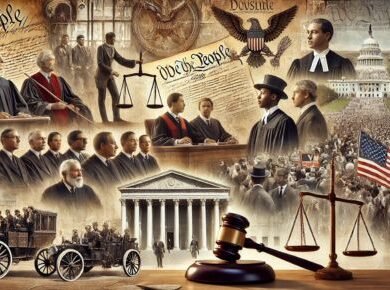10 Questions About Protecting Freedom of Expression Explained
1. What is opportunity of articulation?
Opportunity of articulation is the option to hold and impart insights, thoughts, and data without obstruction, frequently safeguarded under regulations like the Main Correction in the U.S. or then again comparative arrangements in different constitutions and peaceful accords.
2. For what reason is opportunity of articulation significant?
It cultivates:
A majority rules government: By empowering open discussion and responsibility.
Also Read:
- https://legalfocus360.com/6-frequently-asked-questions-about-the-balance-of-powers-2/
- https://legalfocus360.com/20-key-questions-about-constitutional-safeguards-in-elections-2/
- https://legalfocus360.com/8-common-questions-about-the-judicial-role-in-constitutional-law-2/
Individual independence: Permitting self-improvement and character.
Social advancement: Empowering development and testing shameful acts.
3. What types of articulation are secured?
Opportunity of articulation ordinarily incorporates:
Discourse (spoken or composed)
Workmanship and inventive works
Media and press
Online correspondence
Tranquil get together and fight
4. Are there cutoff points to opportunity of articulation?
Indeed. While opportunity of articulation is expansive, it could be confined to safeguard:
Public security (e.g., impelling to viciousness).
Public safety (e.g., sharing grouped data).
Notoriety (e.g., slander regulations).
Profound quality (e.g., foulness limitations).
5. What is disdain discourse, and is it secured?
Disdain discourse targets people or gatherings in view of qualities like race, religion, or orientation.
In the U.S., disdain discourse is for the most part safeguarded except if it impels brutality.
In different wards, for example, portions of Europe, disdain discourse regulations might restrict specific articulations.
6. How does opportunity of articulation apply on the web?
Online articulation appreciates comparable insurances as disconnected discourse yet raises one of a kind issues, for example,
Content balance by online entertainment stages.
Restriction by state run administrations.
Cyberbullying and online provocation.
7. How do slander regulations adjust articulation and notoriety?
Criticism regulations forestall misleading proclamations that hurt somebody’s standing. To offset this with opportunity of articulation:
Truth is in many cases a safeguard against criticism.
Suppositions are by and large safeguarded since they can’t be refuted.
8. Might legislatures at any point blue pencil the press?
In most just frameworks, opportunity of the press is safeguarded to guarantee responsibility. Nonetheless, state run administrations might force limitations for:
Public safety (e.g., during wartime).
Security concerns (e.g., safeguarding individual information).
9. How do fights connect with opportunity of articulation?
Tranquil fights are a crucial type of articulation, frequently safeguarded as a right. Limitations can be forced on:
Time, spot, and way (e.g., requiring licenses).
Fierce shows (not safeguarded).
10. What are current difficulties to opportunity of articulation?
Current difficulties include:
Counterfeit news and falsehood.
Government observation restricting confidential discourse.
Stage guideline and the job of tech organizations in directing substance.
Social responsiveness versus widespread free discourse standards.

